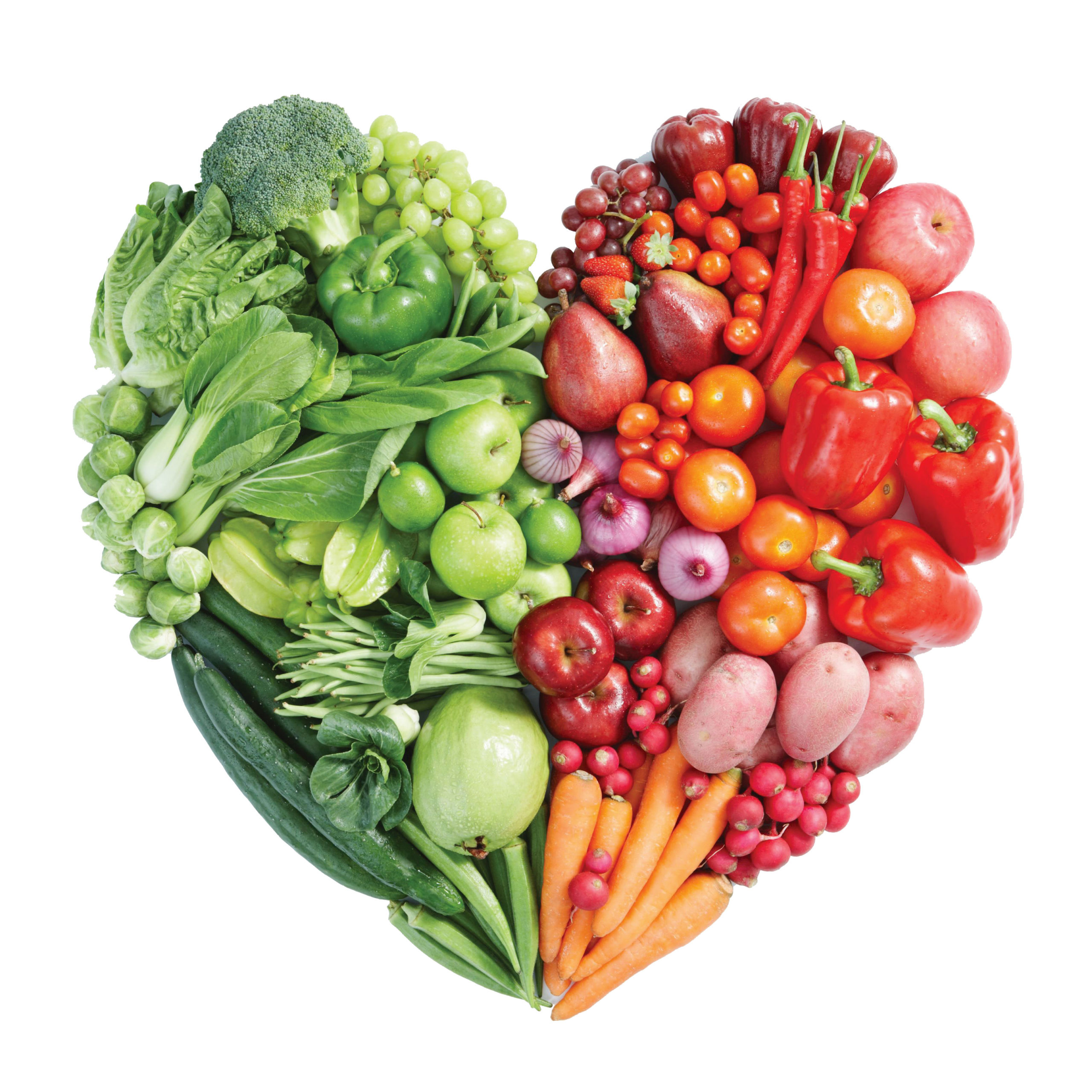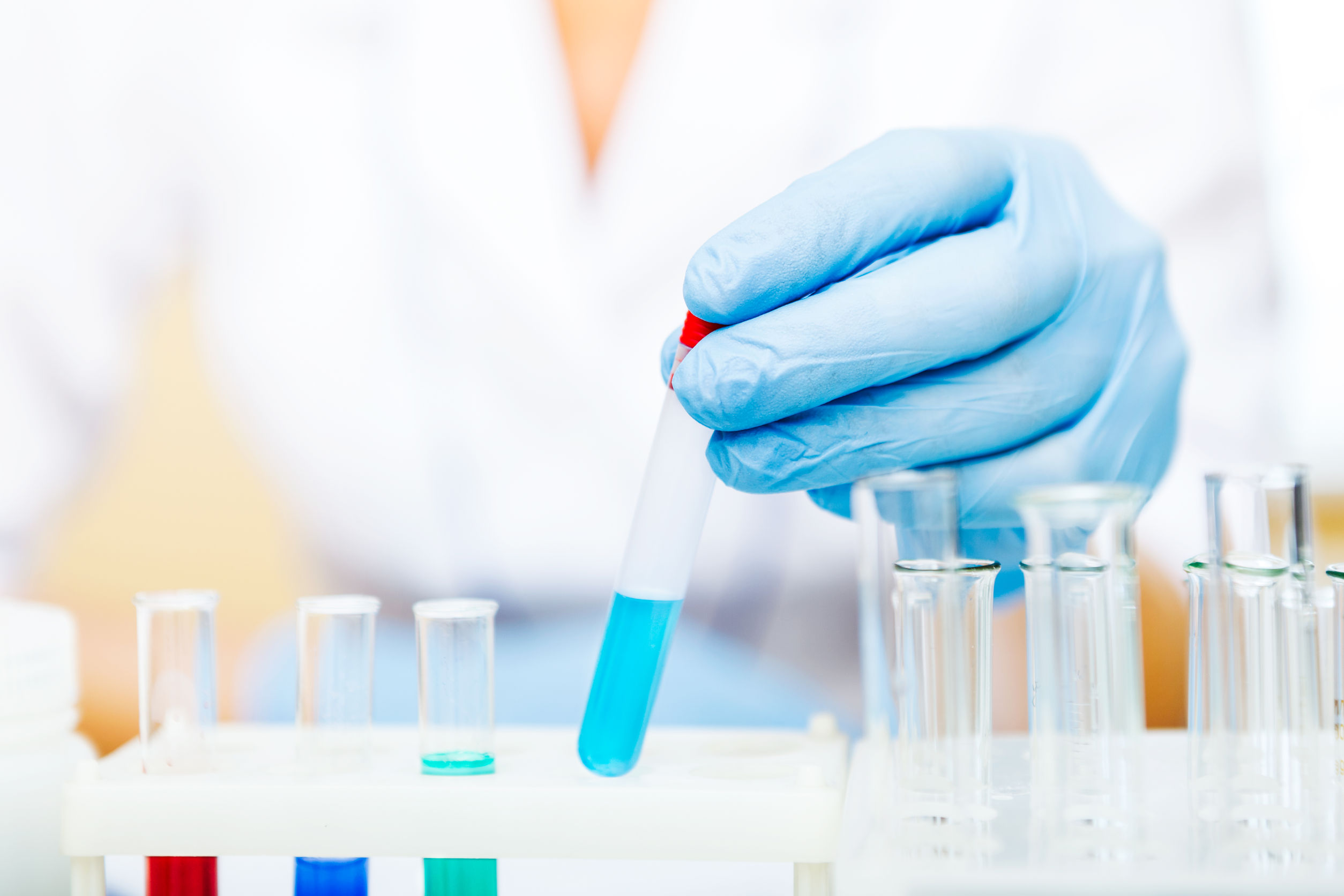Your Plan of Action – the natural approach
Support the breakdown of oestrogen in the body to reduce growth of a fibroid
Choose foods that support your liver and avoid excess oestrogen in your environment
Adopt an anti-inflammatory diet if you have heavy periods
Measure your iron levels and supplement if necessary
Best test options: Hormonal analysis
Fibroids (also called myomas) are non-cancerous growths in or on the muscular wall of the womb (the myometrium). They can vary in number and size, according to the individual. Some fibroids can be as small as a pea, but others can be as large as a seven- or eight-month-old foetus.
Fibroids are given different names depending on where and how they grow:
- Submucosal fibroids grow on the inside of the womb and extend into the uterine cavity.
- Intramural fibroids grow within the uterine wall (the wall of the womb).
- Subserol fibroids grow on the outside of the womb, on the lining between the uterus and the pelvic cavity.
- Penduculated fibroids can be attached either to the inside or outside wall of the womb, and they are characterised by a stalk.
Fibroids are very common and can affect 20 percent of women over the age of 30. They are not common in women under the age of 20, except in Afro-Caribbean women who are more susceptible to fibroid growths, even in their teens. Fibroids seem to run in families, but we are not sure at present whether this is a genuinely genetic predisposition, or whether lifestyle and diet play in role in some families.
What are the symptoms?
The main symptom of fibroids is heavy periods. When fibroids grow inside the womb (submucosal or intramural), the mechanism that operates menstrual flow may not work properly. The heavy bleeding can be a result of the fibroids making the womb bigger (creating a larger surface of womb lining that has to bleed every month), or the pressure of the fibroids may disrupt the normal blood flow. As a result, many women with fibroids will have heavy periods, but experience no pain.
Some women do experience pain with fibroids – not necessarily intense period pains, but a feeling of pressure and a dragging sensation in the abdomen. If fibroids are on stalks (pendiculated), they can twist, causing extreme pain.
If fibroids press on other organs, such as the bladder or bowel, you may experience frequent urination, constipation or even backache. Most women do experience some abdominal swelling, although it may be minor. In other women, the lower abdomen can look as though you are in the early stages of pregnancy.
In some cases, the bleeding can be so severe that sufferers develop anaemia. During menstruation, some women lose clots of blood that resemble pieces of liver. If the blood flow is heavy, the anti-clotting factors that are normally present in the menstrual blood may not be able to keep the blood flowing smoothly, hence the pieces of clotted blood.Other women can experience periods that go on for weeks, sometimes with no real break between one period and the next.
In many cases, fibroids can be symptomless. If they grow in a way that doesn’t cause pressure on the neighbouring organs, you can live with even large fibroids for many years without requiring any medical help. In most cases, they shrink during the menopause and post-menopause years.
In some cases the first indication that there may be fibroids is when there is trouble conceiving (infertility) or maintaining a pregnancy (miscarriage). Significantly large fibroids can enlarge and distort the womb, making it impossible for a fertilised egg to implant. Many women who have been treated for infertility may have perfectly normal cycles and were unaware of their presence until they have an ultrasound.
Can Nutrition Help? What you eat can be crucial because it can help to control excess levels of oestrogen that can encourage the fibroid to grow. If you need to have surgical treatment because a fibroid is preventing conception, for example, then it is crucial that you start eating well as soon as can, even before the surgery, in order to prevent a fibroid from re-growing after it has been removed. Balancing blood sugar is often the first step in hormonal balance and can be achieved by eating more regularly and opting for complex carbohydrates paired with protein and healthy fats. Including plenty of pulses such as beans, lentils and chickpeas are an important step in balancing oestrogen levels. Vitamin A Vitamin A is an antioxidant that generally helps to protect your cells against damage. It helps cells reproduce normally and is also needed for red blood cell production. Vitamin A deficiency has been found in women with heavy bleeding. One study showed that 92 percent of women prescribed supplemental vitamin A found that their heavy bleeding was either cured or alleviated. B vitamins The B vitamins are particularly important for heavy periods for a number of reasons. First and foremost, they are needed by the liver to convert excess oestrogen into weaker and less dangerous forms. One of the B vitamins, B6, is needed for the production of beneficial prostaglandins which help reduce abnormal blood clotting. The B vitamins are also crucial for the conversion of linoleic acid to GLA (gamma linolenic acid) which is necessary to produce these beneficial prostaglandins. The B vitamins are required to convert Omega 6 oils into a form that can be used by the body to produce the ‘good’ type prostaglandins. Without this conversion, your body will more of the ‘bad’ prostaglandins which will increase the amount of bleeding at each period. Vitamin C Vitamin C and bioflavonoids help to strengthen the capillaries in the body, which can reduce heavy bleeding. Taken as a supplement, vitamin C has also produced excellent results for many women with heavy periods. One study showed that taking 200mg of vitamin C with bioflavonoids, three times daily, reduced bleeding in 87 percent of the women tested. Iron If you are bleeding very heavily, you may run the risk of becoming anaemic. Common symptoms of anaemia include fatigue, loss of appetite, constipation, irritability and pallor, among other things. If these symptoms seem familiar, see your doctor who will arrange tests. When you are tested for anaemia, the lab measures the level of iron available in your red blood cells (haemoglobin). However, iron is also stored as ferritin in other parts of the body, such as the spleen and liver. When your doctor orders tests, make sure that both your haemoglobin and ferritin are checked, as it is possible to be iron deficient even if your haemoglobin levels are normal. Iron deficiency is a bit of a double-edged sword. If you bleed heavily throughout your periods, you will be more likely to be iron deficient. However, one of the symptoms of iron deficiency is also an increased risk of heavy bleeding. Iron helps the blood vessels to contract, which is needed to slow down the flow during your periods. If tests suggest that you are iron-deficient, take extra iron ideally as iron citrate. Iron in the form of ferrous sulphate (also called iron sulphate) is less easily absorbed by the body. Only 2 to 10 percent of the iron from this type of iron supplement is actually absorbed by your body, and even then, half is eliminated, causing blackening of your stools and constipation. Good sources of iron include red meat although this should be limited in the diet for other health reasons. Iron can also be found in high levels in lentils, beans and beetroot but absorption from plant sources is low. We need to consume vitamin C with these plant sources in order to increase absorption. Omega-3 Omega-3 is one of the most powerful food source anti-inflammatory agents and can reduce abnormal clotting. In a ‘Western Diet’, we do not get enough omega-3 in our diet. Eating at least two portions per week of oily fish is recommended. If you do not eat fish, a supplement containing over 500mg of each of EPA and DHA is useful. Many women attending our clinic have been taking evening primrose oil supplements – an omega-6 fatty acid – for years and have not been eating enough omega-3 oils, or taking them in supplement form, to counterbalance this. Some women are also taking combinations such as omega-3, -6, and -9 in supplement form because they have heard that we need a good balance of all the omega fatty acids. This is true, but you have to take into account what your own levels may be in the first place. It is much more common that we already have high levels of omega-6 which is found in processed foods, ready meals but also other foods like meats, breads, spreads and anything that contains or is cooked in oil. While evening primrose oil can be useful for hormonally driven breast tenderness, omega-6 oils have the potential to produce pro-inflammatory signals or ‘bad’ prostaglandins and should be balanced with omega-3 also. One of the drugs used for heavy bleeding, mefanamic acid, actually works by controlling ‘bad’ prostaglandins, which can increase the flow of blood. Both red meat and dairy produce contain an omega-6 fatty acid called arachidonic acid. This substance encourages the production of a ‘bad’ type of prostaglandin (called PGE2) that leads to increased blood flow, and a reduced blood-clotting ability. The result? Heavier periods. In fact, research has shown that women with menorrhagia have higher levels of arachidonic acid, causing more PGE2 to be made. What this means in practice, is that women with heavy periods should ideally consume less arachidonic acid, which is found mainly in animal-based foods. Liver Support Your liver has the important job of removing excess oestrogens from your body. You can support this function by including foods from the Brassica family such as cabbages, kale, broccoli and brussel sprouts. Give your liver a break by reducing or avoiding alcohol and caffeine. The are also a wide number of liver supporting supplements and apparent ‘detox’ protocols available online which include juices and severely restrictive diets. Many of these protocols are not based in science and some could be considered dangerous. Liver supporting supplements and herbs can be quite potent in our experience so best to get personalised advice from your nutritionist. Environmental oestrogen Xenoestrogens are essentially environmental oestrogens, coming from pesticides and the plastic industry. If you are trying to reduce your oestrogen exposure, it is extremely important to consider the xenoestrogens in your environment. Aim to reduce your plastic exposure, avoid handling till receipts, use more natural cosmetics and personal hygiene products and try to eat as organic produce where you can. Tests A hormonal analysis (urine) can identify hormonal imbalances which might be affecting promoting the growth of fibroids. This can look at how you are metabolising (breaking down) your oestrogen and if you are successfully getting rid of excess hormones through the liver. This will also look at whether stress is a big feature for you in hormonal health. Do you want to know more about exactly what vitamins and minerals you need? Our Functional Nutritional Profile (blood) can help you to find out what you are deficient in so that you can restore yourself to balance. Start making improvements to your diet as you can. Take a look at where you might be exposed to oestrogens in your environment. If you need further support or tailored advice, particularly in the area of liver support, it would be helpful to request an appointment with one of our qualified team.Where to start?



